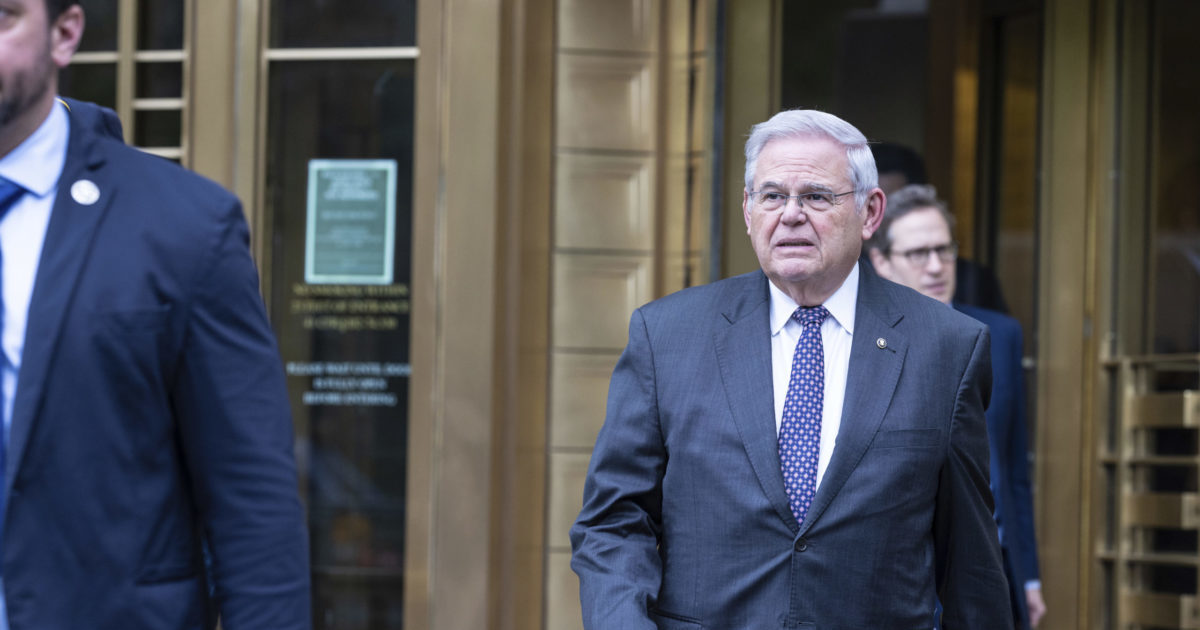Biden Administration Suggests Increased Taxes and Spending
The White House’s Bold Fiscal Vision: President Biden’s 2025 Budget Proposal
Step into the future of American fiscal policy as President Joe Biden’s latest budget proposal takes center stage. With a clear directive to restructure the nation’s tax system, this ambitious plan seeks to empower major funding ventures through a strategic increase in taxes for corporations and the affluent.
Although charting a path for 2025, this proposal lays out a decade’s worth of financial forecasts, projecting a staggering $7.3 trillion in spending countered by $5.5 trillion in tax revenues. The anticipated deficit for 2025 hovers near $1.8 trillion, igniting a political firestorm between proponents and opponents.
Budget Battlelines: Deficit Reduction vs. Tax and Spend Critique
The Administration argues that this approach will narrow the deficit over time, but the reception has been polarized. Republicans have been quick to criticize the proposal’s tax increases and spending initiatives. Fiscal policy experts scrutinize the plan for potential “gimmicks” meant to diminish its financial impact.
“This is not a serious effort at controlling the debt or deficit, not a serious fiscal policy document,” asserts Douglas Holtz-Eakin, former director of the Congressional Budget Office.
Despite the mixed reception, let’s dissect what Biden’s budget entails and the conversations it’s sparking across the political landscape.
Probing Biden’s Budget: Taxes and Spending in the Spotlight
The Tax Trajectory: Wealthy and Corporate Targets
- The headline corporate tax rate’s proposed jump from 21% to 28%.
- Corporate minimum tax suggested rise from 15% to 21%.
- A minimum 25% tax for billionaires affecting the top 0.01%.
- Persistence in retaining Trump’s tax cuts for incomes below $400,000.
These changes hint at the Administration’s push to have the wealthy and corporations contribute more significantly to the nation’s revenue stream. Will these groups end up shouldering the fiscal responsibility the White House is advocating for?
Expenditure Explorations: From Children to Housing
- Making the child tax credit more robust, at $3,600 for younger children and $3,000 for older ones.
- Increasing the discretionary maximum Pell Grant by $750.
- Introducing housing credits to ease the mortgage tensions for middle-class buyers.
- Proposing a national paid family and medical leave program.
The bold spending propositions aim to reinforce support for American families, higher education, and housing accessibility. Yet, the real challenge lies not in the proposal but in its passage through a divided Congress.
Election Year Impasse: Political Headwinds Facing the 2025 Budget
With a Republican-led House and a closely-held Senate, Biden’s grand fiscal plan faces significant hurdles. Key centrist Senators may prove pivotal as they have previously resisted similar expansive tax-and-spend measures.
“I don’t see anything happening between now and the election on this front,” predicts Holtz-Eakin, emphasizing the challenging road ahead.
Reactions to Biden’s Budget: A Partisan Divide
Democratic voices echo support for a budget that champions middle and lower-income families by tackling inflating living costs. Contrarily, Republicans decry the budget as partisan overreach, potentially exacerbating economic issues such as inflation and national debt.
Concerns Over ”Gimmicks” and Economic Impact
Experts raise eyebrows at the short-term modeling of policies like the child tax credit and question the budget’s ability to truly resolve housing shortages without stimulating supply.
“There’s very little on this that is actually going to fix the problem,” notes Mark Calabria, former director of the Federal Housing Finance Agency, highlighting a potential increase in demand rather than addressing the root causes.
The conversation continues as stakeholders from every side weigh the intricacies and implications of President Biden’s 2025 budget proposal. Moving forward, the challenge will lie in harmonizing these bold fiscal ambitions with the practicalities of bipartisan support and economic feasibility.
" Conservative News Daily does not always share or support the views and opinions expressed here; they are just those of the writer."





